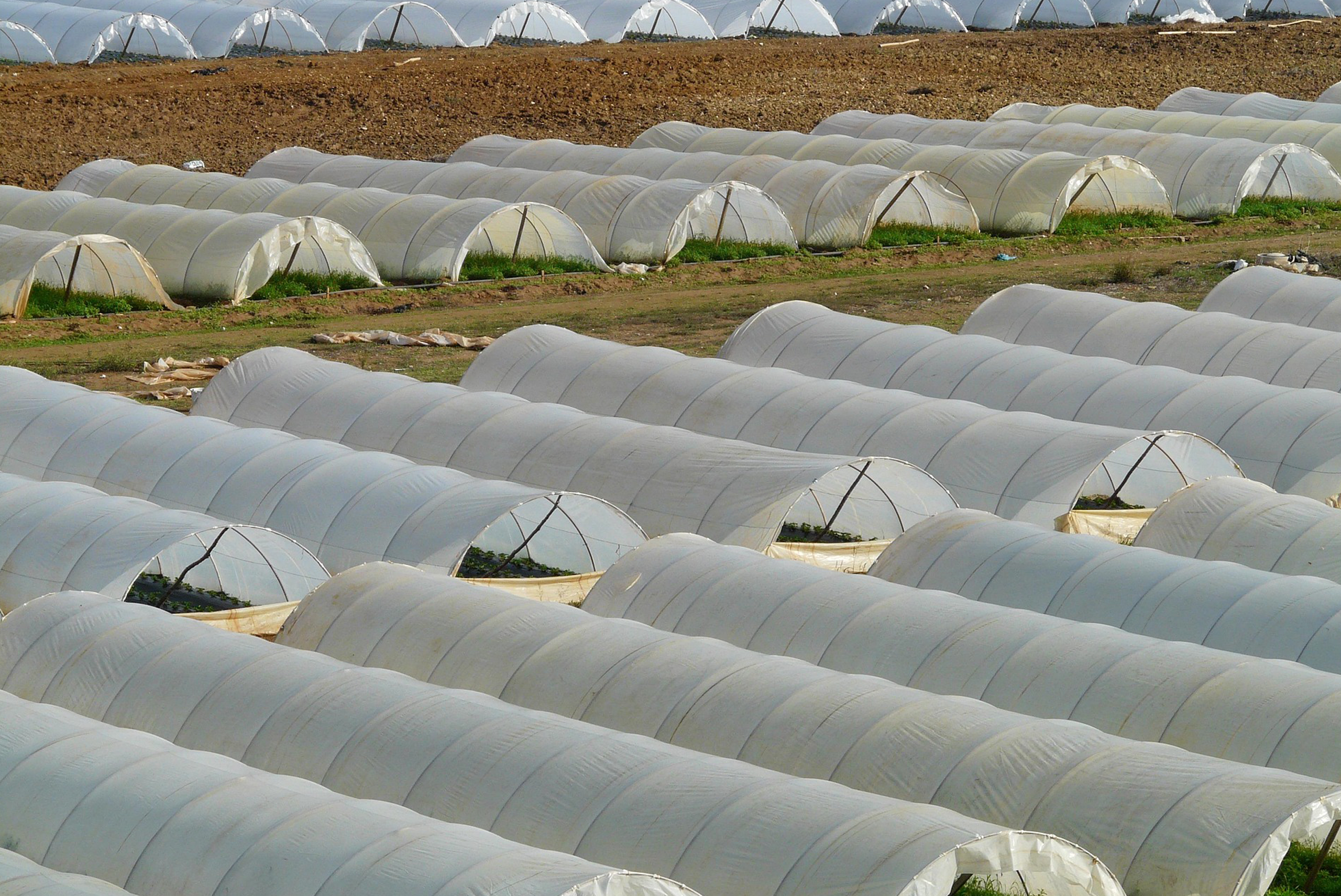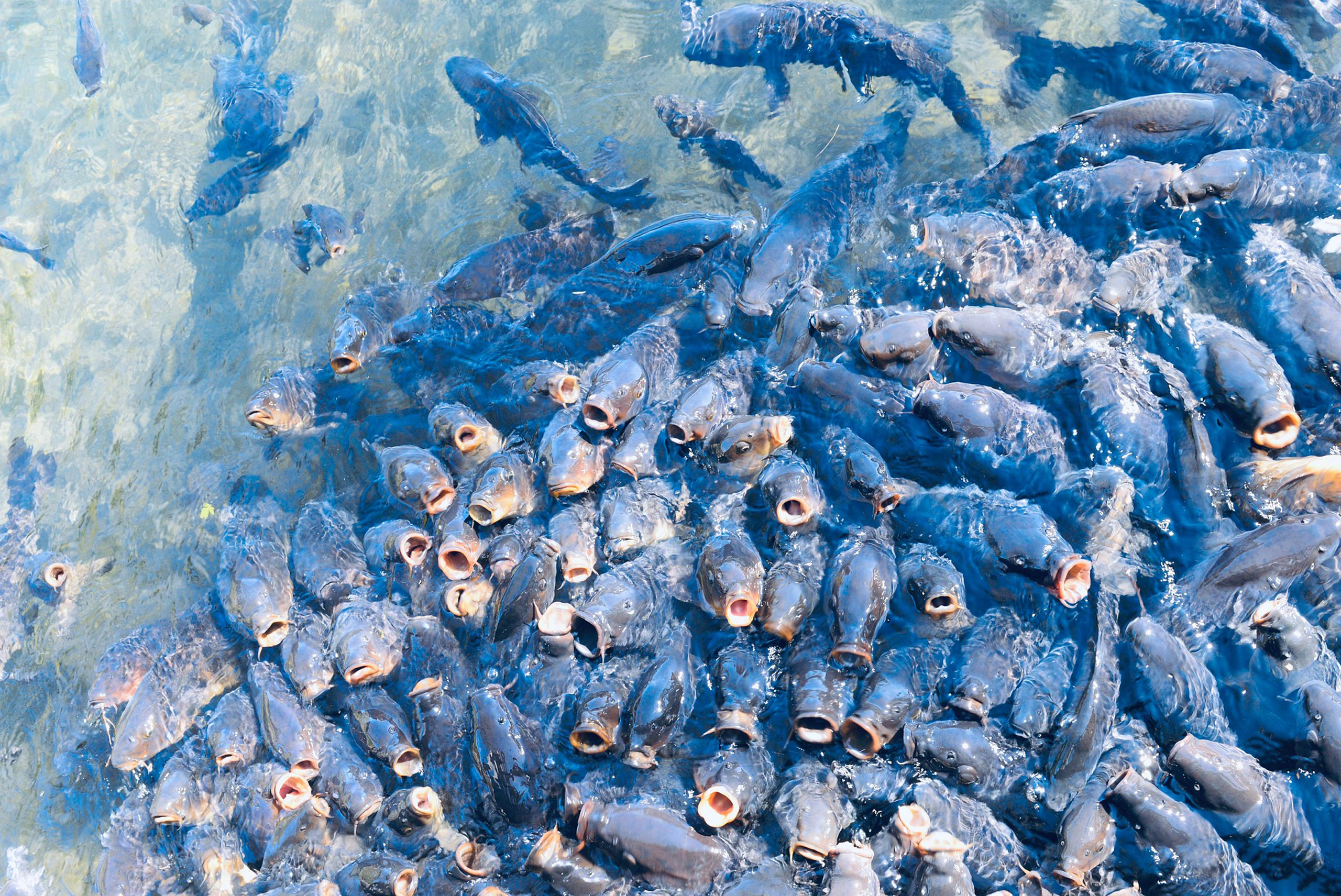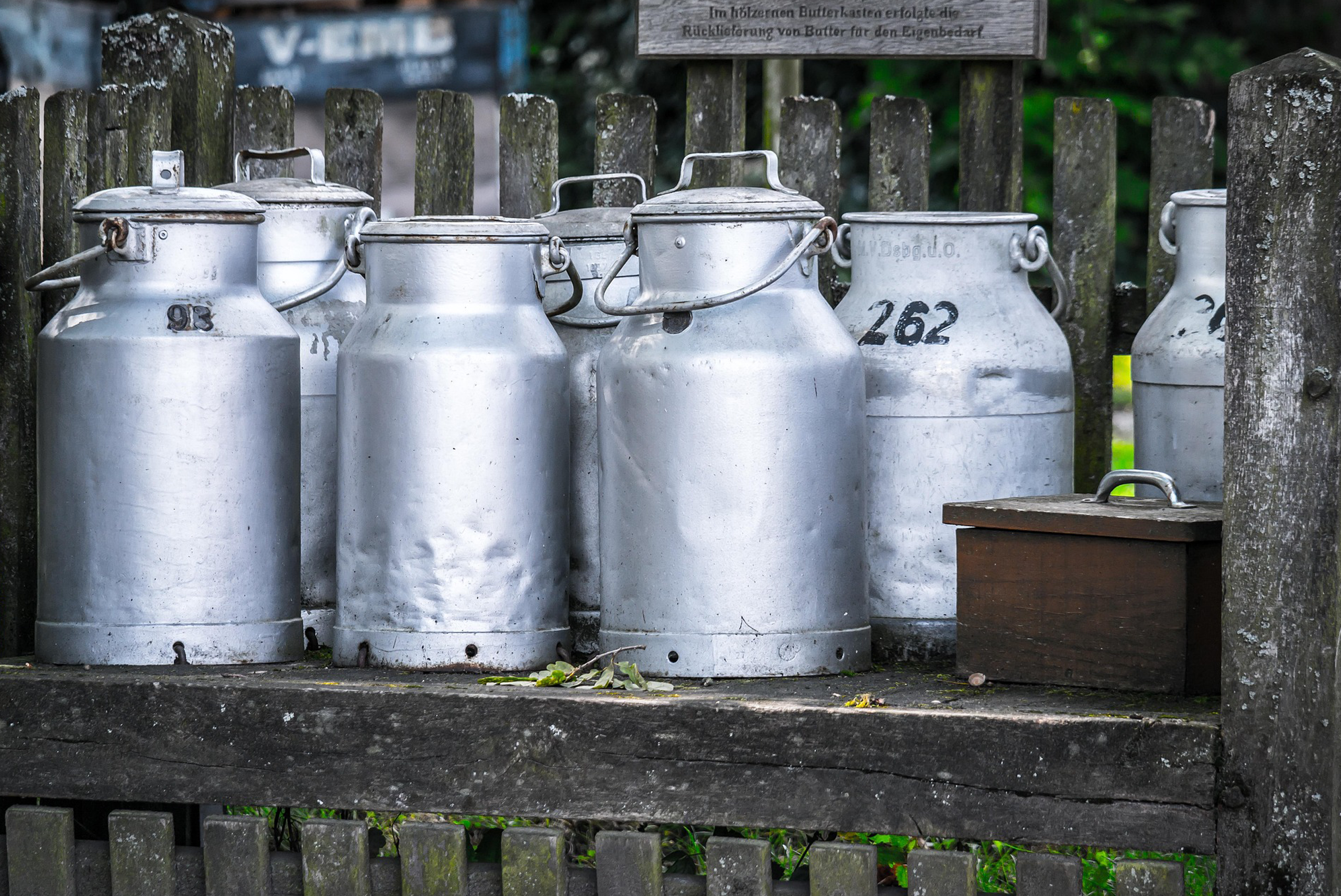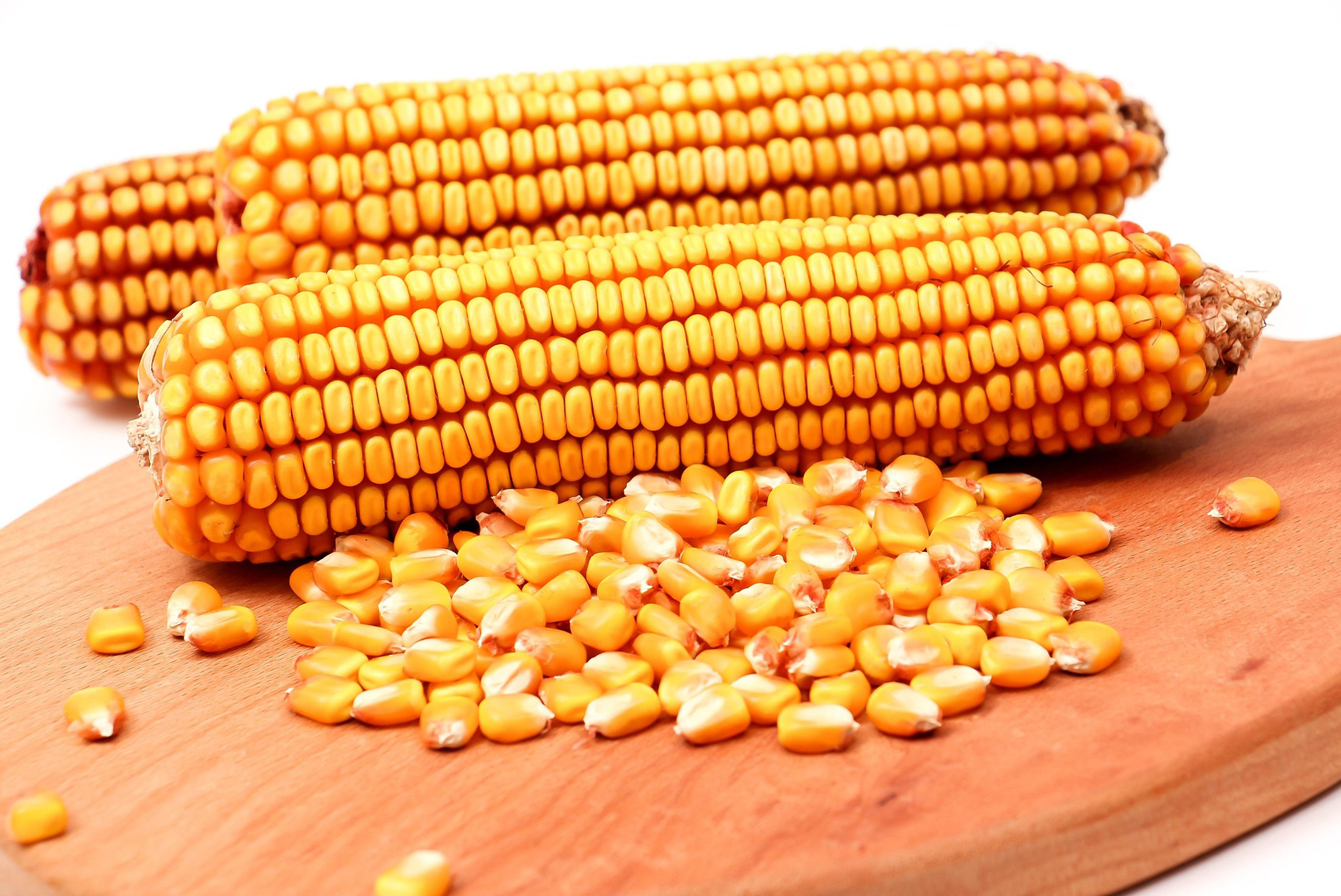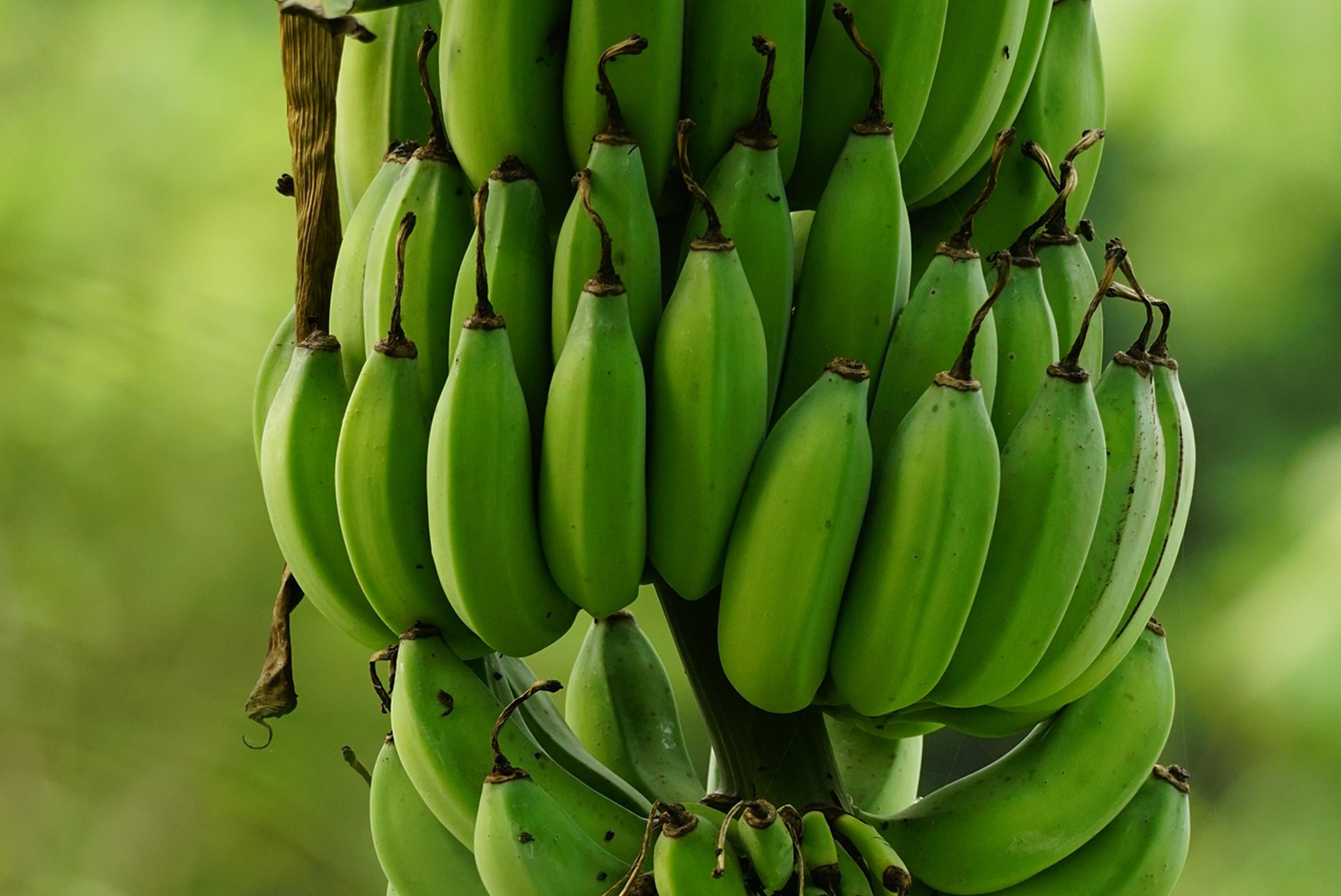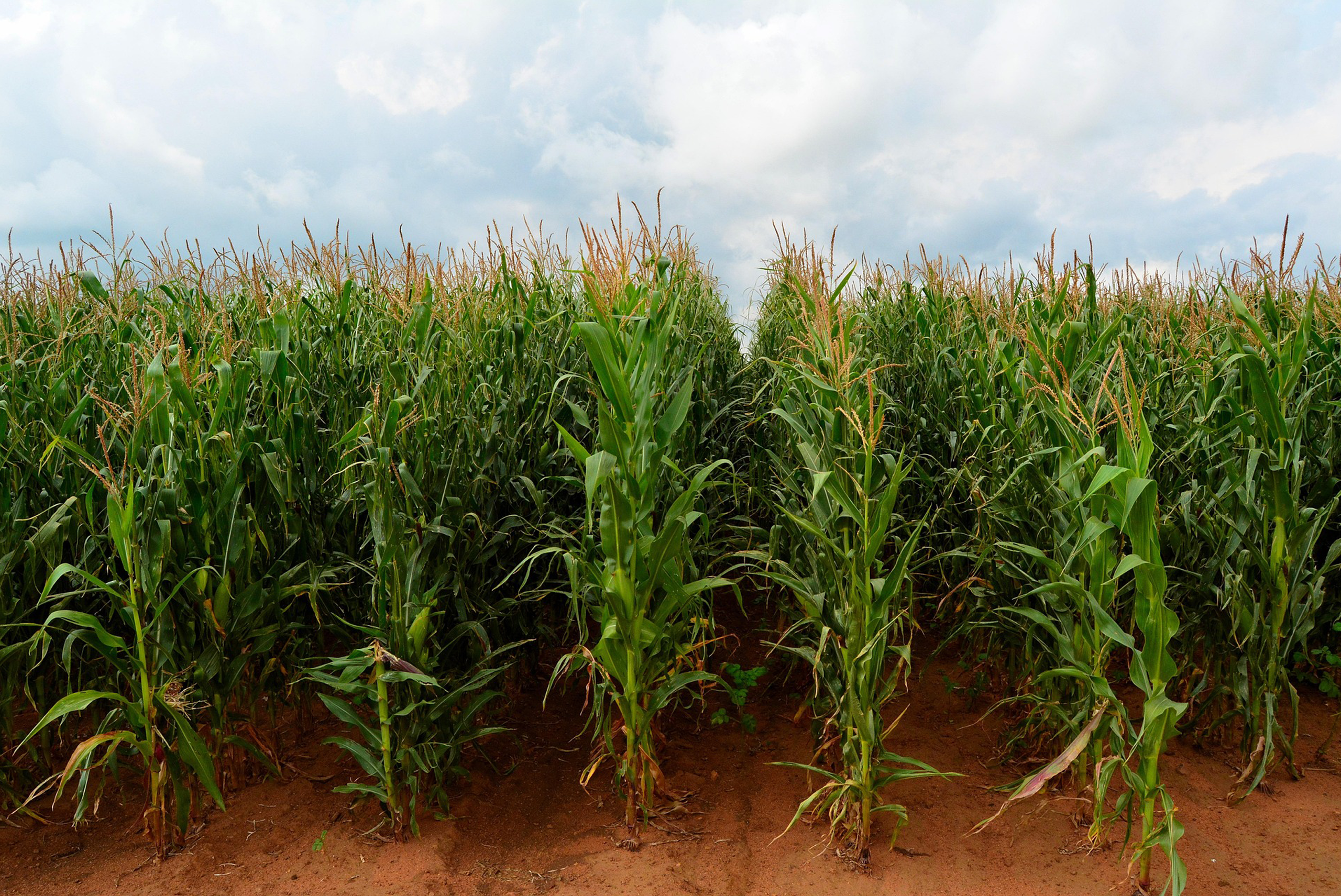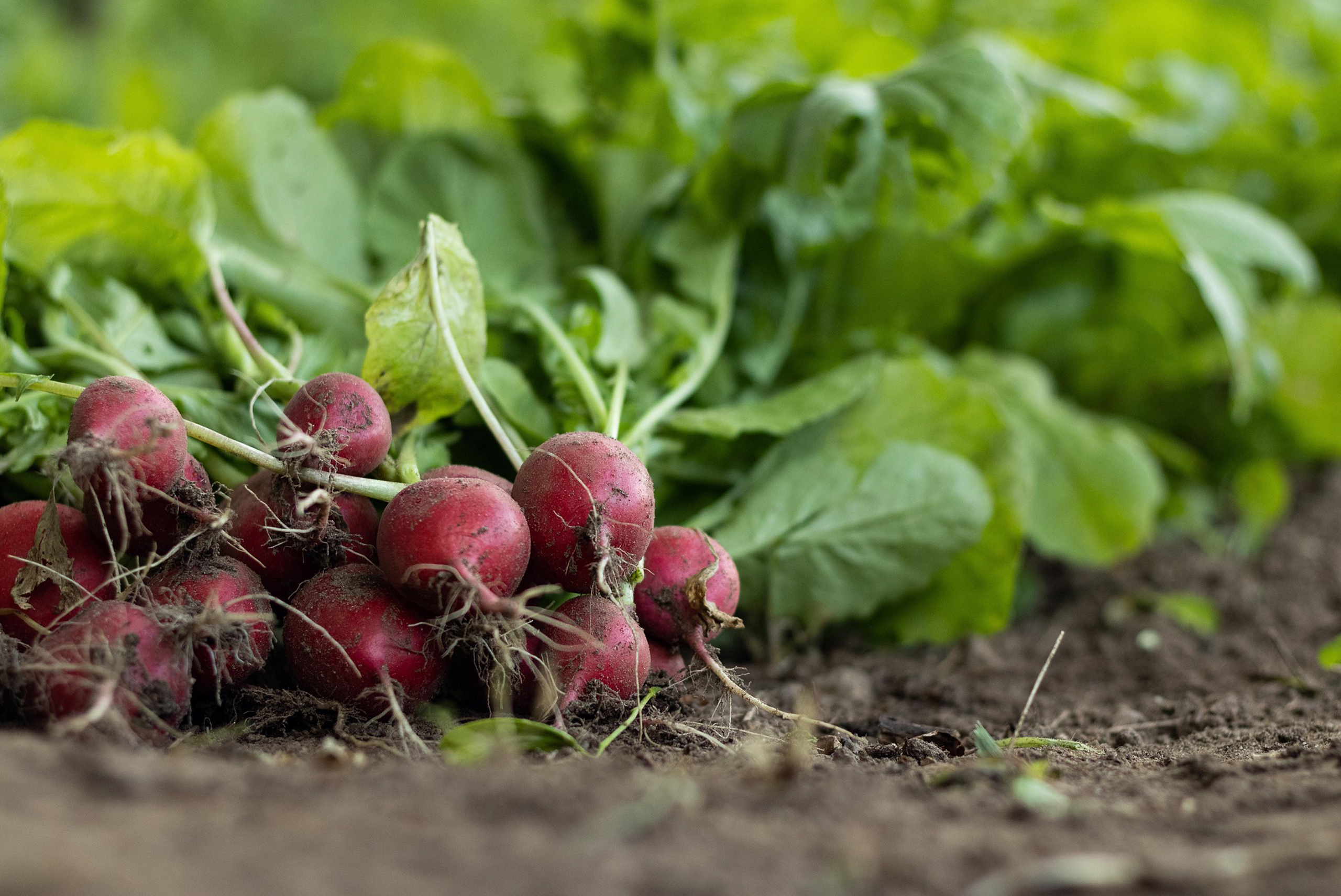Monitoring, Evaluation and Research
Provision of Consultancy Services to undertake Needs Assessment and Design of the Distributed Renewable Energy Ecosystem Model (DREEM) Hub and Spoke Model Project in Kenya
The DREEM HUB and Spoke Model Project, a three-year initiative funded by the Mott Foundation, aims to reduce greenhouse gas emissions by promoting solar
energy adoption in Kenya’s dairy and horticulture sectors. It focuses on empowering youth and women Agri-solar entrepreneurs through cooperatives and farmer groups, enhancing productivity, reducing post-harvest losses, and improving market access.
PMO conducted a needs assessment to support project implementation, identifying sector challenges, opportunities, and renewable energy solutions. The assessment profiled cooperatives, evaluated potential spoke partners, and refined the project design in collaboration with KCIC. Research included a literature review, stakeholder interviews, and data analysis, leading to key deliverables: an Inception Report, a Comprehensive Needs Assessment Report, a presentation of findings, and a Project Design Document (PDD) outlining the implementation roadmap and key partners.

